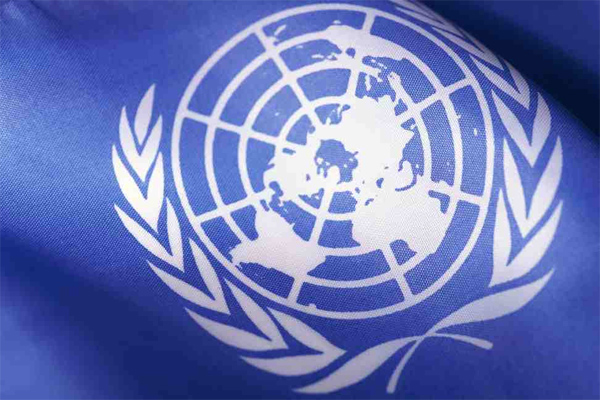
Debt of US$31 trillion hinders development of low-income countries, says UN Trade Summit
Debt of US$31 trillion hinders development of low-income countries, says UN Trade Summit
Tashkent, Uzbekistan (UzDaily.com) — Preserving the existing legal framework of international trade remains a critical condition for preventing a global trade war, a senior UN official stated on Monday.
Speaking before representatives of 195 member countries at the UN Conference on Trade and Development (UNCTAD) in Geneva, UNCTAD Secretary-General Rebeca Grynspan noted that 72% of global trade is still conducted within the rules of the World Trade Organization (WTO).
“We have avoided the domino effect of tariff escalation that nearly destroyed the global economy in the 1930s,” Grynspan emphasized. “This did not happen by chance. You continued to negotiate, defended the rules-based system even when it needed reform, and built bridges even when they were collapsing.”
Her remarks came amid growing global economic uncertainty and reports of potential new tariffs against U.S. trading partners. Grynspan noted that rising tariffs, record debt burdens among least developed countries, and increasing mistrust are stifling economic progress.
“Countries are facing a debt and development crisis, forced to make an impossible choice: either default or sacrifice development,” she said. According to her, tariffs in major economies, including the United States, have increased this year from an average of 2.8% to more than 20%, creating extreme uncertainty, restraining investment, and slowing growth — making trade a less effective tool for development.
Grynspan also highlighted that global investment flows are shrinking for the second consecutive year, undermining future economic growth. The current investment system, she noted, favors projects in developed countries, while for developing economies, the cost of capital is up to three times higher — for example, one dollar invested in Zambia costs as much as three in Zurich.
She drew attention to the volatility of transport costs, particularly for landlocked and small island developing states, where shipping expenses reach three times the global average.
Despite the opportunities offered by artificial intelligence, less than one-third of developing countries have national AI strategies. According to UN data, 2.6 billion people still lack internet access, most of them women in developing nations.
UN General Assembly President Annalena Baerbock noted that the debt of developing countries reached US$31 trillion last year, forcing governments to spend resources on debt servicing instead of investments in education and healthcare.
She also stressed the erosion of trust in the international system: although the global economy exceeds US$100 trillion annually, every second person has not experienced meaningful income growth for an entire generation.